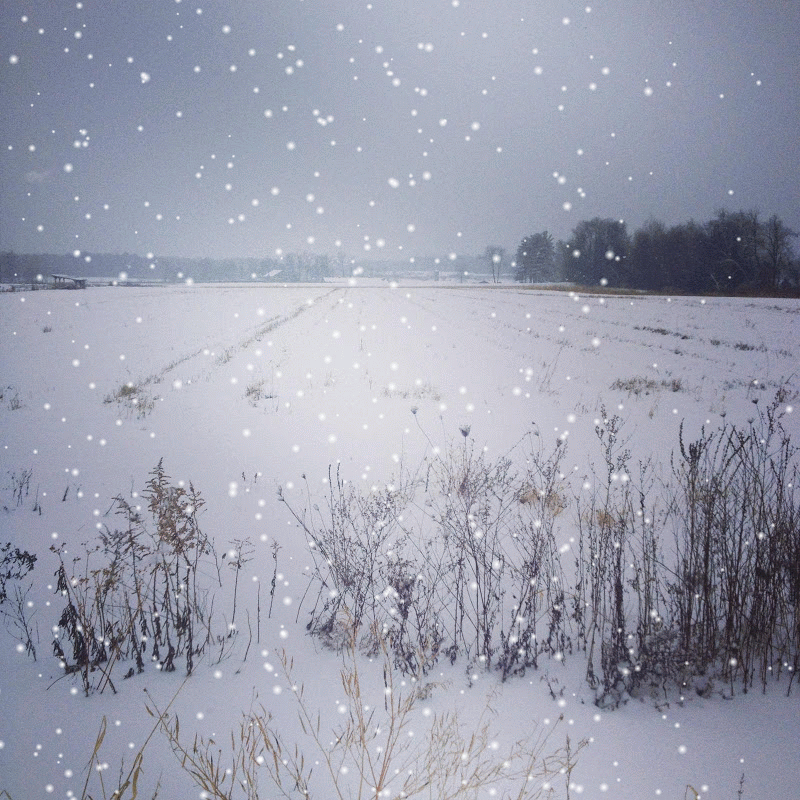The Language of Flowers
The
language of flowers, known as “Floriography,” a term coined in the Victorian
era, is an age old art form. King
Charles II brought it to Sweden from Persia in the 17th
century. The Japanese call it
“Hanakotoba.” So what is floriography? Quite simply, it is the association of
certain flowers with specific meanings.
Flowers are infused with symbolism through their rich mythology and
distinctive characteristics. Let’s look
at some flowers that may be familiar to you.
Alstroemerias
resemble miniature lilies and are often called Peruvian Lily or Lily of the
Incas. This well known flower is found
in a beautiful range of colors and is popular as a cut flower in bouquets. The alstroemeria symbolizes friendship and
devotion because the leaves grow upside down and twist as they grow out from
the stem, so that the bottom is facing upwards, much like the growth of our
friendships. In general, this flower is relatively inexpensive to purchase when compared to others and makes a beautiful filler flower in bouquets.
Asters
are enchanted flowers. In ancient times,
the perfume from their burning leaves was thought to drive away evil
serpents. Today, they are a symbol of
love and patience. The name “Aster” is
derived from the Greek word for “star.”
They too are found in numerous colors.
They are the birth flower of September and also are honored as being the
20th wedding anniversary flower.
Blue
flowers, such as iris, hydrangea, anemone or delphinium, hold a special
significance in floriography. Blue is a
“cool” color and offers us peace and calmness in our hectic lives. Blue holds universal appeal and plays a
significant role in many religious rituals and ceremonies. The Western tradition of a bride wearing
something blue is tied to the color’s symbolism of faith and loyalty. Darker tones can express trustworthiness,
intelligence and unity. In softer
shades, it can be uplifting, like the sunny sky or soothing ocean. It is one of my favorite colors and is a highly sought after color in the garden as well.
The
history of the peony dates back thousands of years. It is said that the peony was named after
Paeon, the physician of the gods, who received the flower on Mt. Olympus from
the mother of Apollo. Another legend has
it that Paeon was saved from dying as mortals do by being turned into the peony
flower we know today. Peonies are the
traditional symbol of China, the twelfth wedding anniversary flower, and the
state flower of Indiana. They are known
for their rounded, lush blooms and signify romance and prosperity as well as
good fortune and a happy marriage. They are highly fragrant and if planting them in your landscape, you'll want to keep them away from the house as they can attract ants.
There
are so many more flowers I could write about, but I will end here with the
rose. Roses have long been a symbol of
love and passion. They have been used to
convey messages without words and also represent confidentiality. The ancient Greeks and Romans associated them
with Aphrodite and Venus, the goddesses of love. The Latin expression “sub rosa” (“under the
rose”) means something told in secret.
In ancient Rome, a rose was placed on the door to a room where
confidential matters were being discussed.
Each
color of the rose represents a distinct meaning: red signifies enduring
passion; white for humility and innocence; yellow for friendship and joy; pink
for gratitude and admiration; orange for enthusiasm and desire; white lilac and
purple for love at first sight and enchantment.
June, the month most often
recognized for weddings, is National Rose Month. Roses are the fifteenth wedding anniversary
flower and also the national flower of the U.S. and the state flower of New
York, Georgia, District of Columbia, North Dakota and Iowa.
Valentine’s Day is coming and even though Christmas and New Year just passed, the stores are loaded with Valentine's Day cards and candy already. Now that you have some knowledge of flowers, you can thoughtfully go forward and choose the bouquet that best suits you and your beloved. Happy Valentine’s Day everybody!
Related: MsToodyGooShoes Valentine Recipes
Valentine’s Day is coming and even though Christmas and New Year just passed, the stores are loaded with Valentine's Day cards and candy already. Now that you have some knowledge of flowers, you can thoughtfully go forward and choose the bouquet that best suits you and your beloved. Happy Valentine’s Day everybody!
Related: MsToodyGooShoes Valentine Recipes




This was a great post, Nancy! I didn't know that the Aster was my "birth month" flower...and now I know why I love hydrangeas so much -- I'm drawn to their peace and calmness (I'll take "calm" any way I can get it!)
ReplyDelete